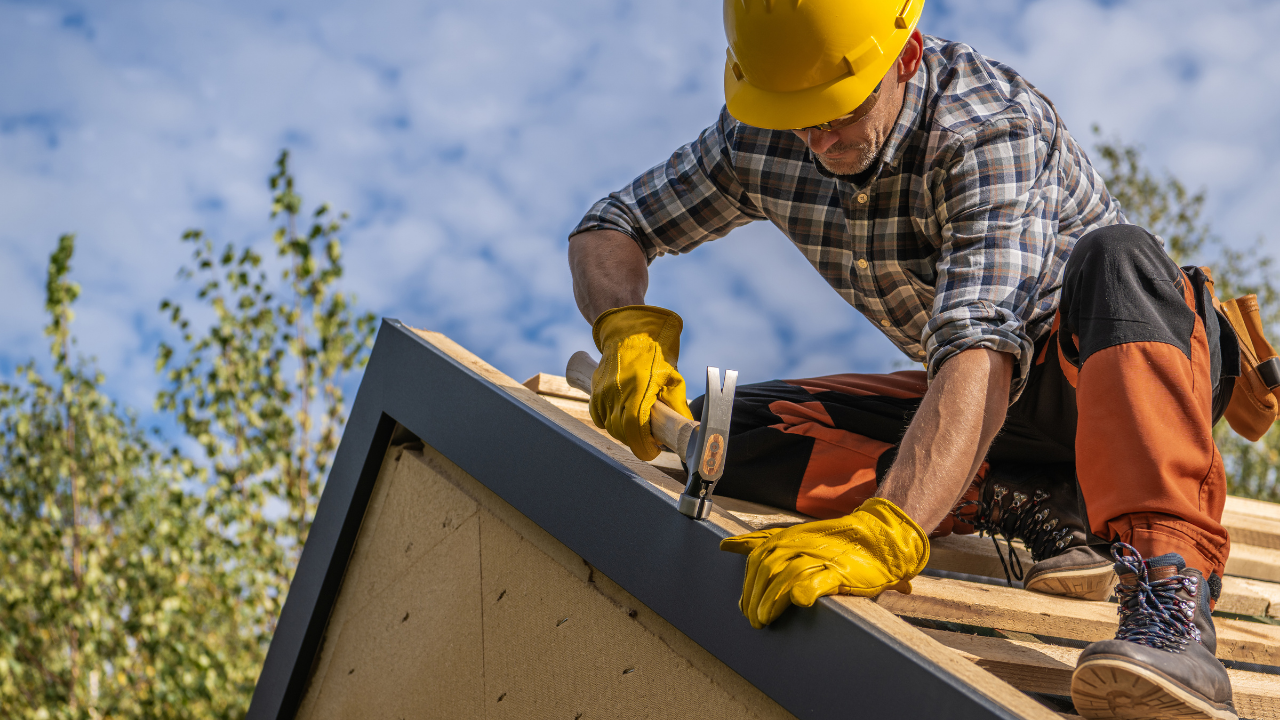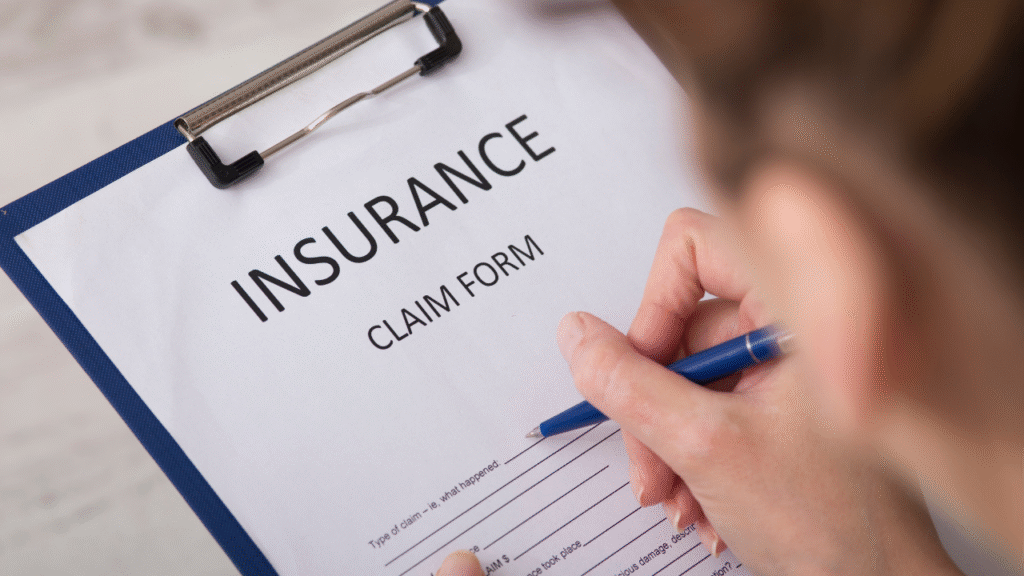When it’s time to repair or replace your roof, finding the right contractor can feel overwhelming. With so many options and the risk of scams lurking, making an informed choice is crucial. This guide will walk you through how to choose the best roofing contractors—no matter where you live—and protect yourself from common roofing scams.
Why Choosing the Right Roofing Contractor Matters
Your roof is your home’s first line of defense against the elements. A quality installation or repair can last decades, while poor workmanship can lead to leaks, structural damage, and expensive repairs. Selecting a trustworthy contractor ensures your investment is protected and your family stays safe.
How to Choose the Best Roofing Contractor
1. Start with Research and Recommendations
- Ask for referrals from friends, family, or neighbors who’ve recently had roofing work done.
- Check online reviews on platforms like Google, Yelp, and the Better Business Bureau (BBB). Consistent positive feedback is a good sign.
- Look for local contractors. Local companies are familiar with regional building codes and weather challenges, making them better equipped for your needs.
2. Verify Credentials and Experience
- Licensing: Ensure the contractor holds all required licenses for your area. This guarantees they meet local standards and regulations.
- Insurance: Confirm they carry both liability insurance and workers’ compensation. This protects you if an accident occurs on your property.
- Certifications: Look for manufacturer certifications (like GAF, Owens Corning, or CertainTeed) which indicate advanced training and standards.
- Experience: Choose contractors with several years of proven experience and a solid track record with your type of roofing material.
3. Get Multiple Quotes
- Request at least three estimates to compare pricing, materials, and timelines. This helps you spot unusually high or low bids, which can be a red flag.
- Ask for detailed, written quotes that outline the scope of work, materials, warranties, payment schedule, and start/end dates.
4. Review Contracts Carefully
- Never sign a blank or vague contract. Ensure all terms are clear and in writing, including what is included and excluded in the job.
- Check warranty details. Reputable contractors offer warranties on both materials and labor. Lifetime or extended warranties are a plus.
5. Evaluate Communication and Professionalism
- Responsiveness: Good contractors answer your questions promptly and provide clear updates throughout the project.
- Transparency: They should explain their process, offer references, and not pressure you into quick decisions.
- Site visit: If possible, visit a current job site or ask for photos of completed projects.
Common Roofing Scams and How to Avoid Them
Unfortunately, the roofing industry attracts its share of scammers. Here’s how to protect yourself:
1. Beware of Door-to-Door Sales Pitches
Scammers often show up after storms, claiming to have leftover materials or offering a “today only” deal. Legitimate contractors rarely solicit business this way.
2. Watch Out for “Free” Inspections
Some scammers offer free inspections, then invent damage to pressure you into unnecessary repairs. Always get a second opinion from your insurance company or another reputable roofer before agreeing to work.
3. Don’t Pay Upfront
Never pay the full amount before work begins. A small deposit is normal, but the bulk of payment should be due upon satisfactory completion.
4. Avoid High-Pressure Tactics
If a contractor pressures you to sign quickly or threatens that prices will rise if you wait, walk away. Take your time to review all offers and contracts.
5. Verify Insurance and Licensing
Ask for proof of insurance and licensing—and check the expiration dates. If a contractor hesitates or refuses, it’s a red flag.
6. Get Everything in Writing
Don’t rely on verbal promises. Insist on a detailed, written contract that covers every aspect of the job.
Red Flags: Signs of a Roofing Scam
- Unsolicited offers, especially after storms
- Requests for large upfront payments or cash only
- No written contract or vague details
- No physical business address or company website
- Refusal to provide references or proof of insurance
- Pushy sales tactics or threats
If you suspect a scam, report the contractor to your local authorities, the BBB, or consumer protection agencies.
Questions to Ask Before Hiring a Roofing Contractor
- Are you licensed and insured?
- Can you provide references from recent clients?
- What warranties do you offer on materials and labor?
- Will you provide a written estimate and contract?
- Who will supervise the project on-site?
- How will you protect my property during the job?
- What is the payment schedule?
Conclusion: Protect Your Home and Your Wallet
Choosing the best roofing contractor is about more than just price—it’s about trust, quality, and peace of mind. By following these steps, you can confidently hire a professional who will do the job right and avoid falling victim to scams.
Ready to start your roofing project?
Take the first step: research local contractors, ask the right questions, and insist on transparency. Your roof—and your wallet—will thank you.






